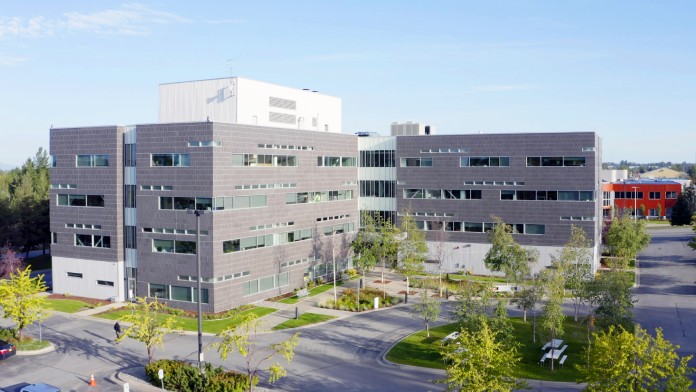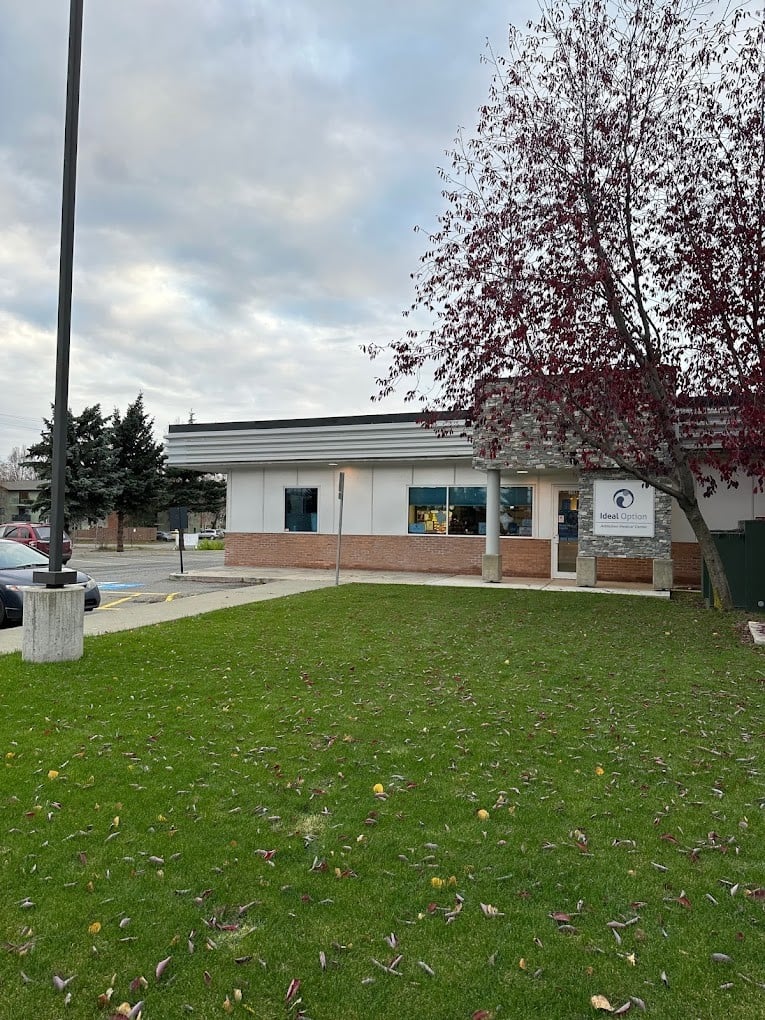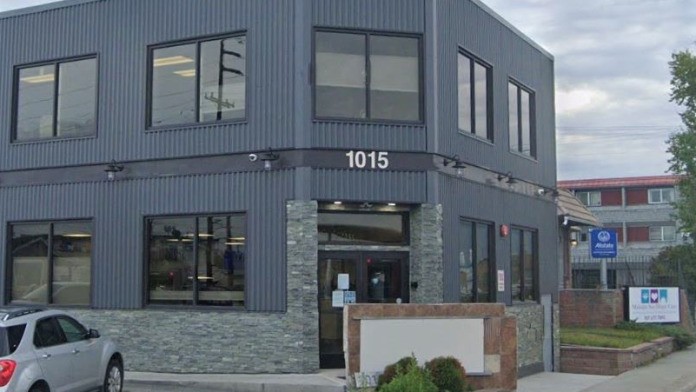About Henning—Henry House
Henning is a nonprofit that now operates the Henry House. It’s a community outreach program that provides a wide range of essential services designed to help homeless populations get back on their feet in Anchorage, Alaska. While substance use disorder treatment is one service provided, this facility and program also provides support with accessing resources such as housing assistance and general health care.
Get and Stay Sober
If you’re currently struggling to gain control over substance abuse and are also dealing with other mental health concerns, Henning works with you to help you achieve stability. Treatment may involve a range of solutions which can include managing symptoms as well as comprehensive counseling.
Additionally, counseling can be performed in individual and group sessions. Likewise, core topics that will be covered include triggers which led to substance misuse. This can include homelessness as well as access to support groups to help you maintain sobriety.
Access to Dual Diagnosis Care
Although Henning doesn’t directly provide medications, dual diagnosis care is offered. Specifically, this includes a referral where medication management may be provided as part of a comprehensive treatment program.
For a lot of people dealing with substance abuse, a lack of stability in their lives is a leading cause that triggers addiction. Being homeless, or lacking the tools to find permanent housing can be a major stressor. Henning helps you put the pieces back together.
This may include helping you secure proper identification such as your birth certificate, state ID or even a social security card. Likewise, if you need access to social services, Henning can help you connect with food benefits, disability insurance, cash assistance and even Medicaid. A patient care advocate can help you determine if any financial aid is available to help you access care.
Latest Reviews
Rehab Score
Gallery
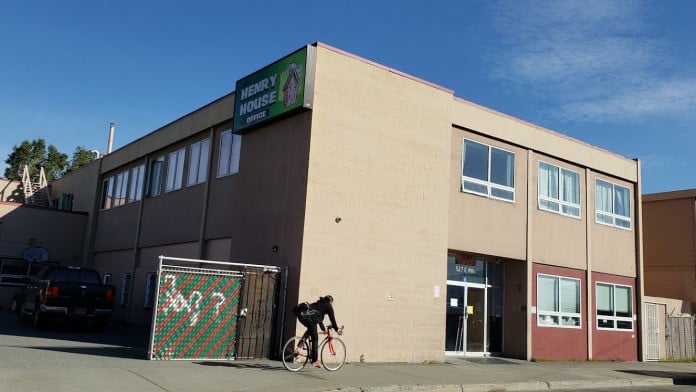
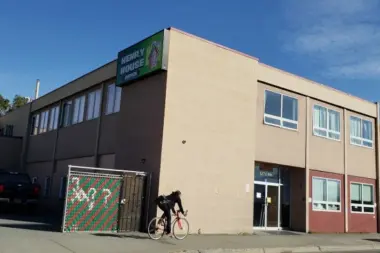
Other Forms of Payment
Private insurance refers to any kind of healthcare coverage that isn't from the state or federal government. This includes individual and family plans offered by an employer or purchased from the Insurance Marketplace. Every plan will have different requirements and out of pocket costs so be sure to get the full details before you start treatment.
Self-pay involves paying for treatment out of your own pocket. You can use savings or credit, get a personal loan, or receive help from family and friends to fund your treatment. If you don't have insurance or your insurance plan doesn't cover a specific program, self-pay can help ensure you still get the care you need.
Financial aid can take many forms. Centers may have grants or scholarships available to clients who meet eligibility requirements. Programs that receive SAMHSA grants may have financial aid available for those who need treatment as well. Grants and scholarships can help you pai for treatment without having to repay.
Sliding scale payments are based on a client's income and family size. The goal is to make treatment affordable to everyone. By taking these factors into account, addiction recovery care providers help ensure that your treatment does not become a financial burden to you or your family, eliminating one barrier to care.
Medicaid is a state based program that helps lower-income individuals and families pay for healthcare. Medicaid covers addiction treatment so those enrolled can use their coverage to pay for rehab. When a program accepts Medicaid the client often pays very little or nothing out of their own pocket.
Medicare is a federal program that provides health insurance for those 65 and older. It also serves people under 65 with chronic and disabling health challenges. To use Medicare for addiction treatment you need to find a program that accepts Medicare and is in network with your plan. Out of pocket costs and preauthorization requirements vary, so always check with your provider.
Addiction Treatments
Levels of Care
Clients engaged in an outpatient rehab program receive regular therapeutic care while continuing to live at home. Outpatient care is designed for clients in more advanced stages of recovery who no longer require intensive supervision. Many clients in outpatient treatment continue to work or attend school, while receiving counseling and education during the evening, night, or weekend. Levels of care vary based on clients' needs, ranging from partial hospitalization (PHP) and intensive outpatient (IOP) to standard outpatient programming.
Clients engaged in a rehab aftercare program receive robust wraparound care designed to evolve with the clients' changing needs. The client's case manager, healthcare providers, and addiction recovery team partner with the client to develop a rehab aftercare plan that supports the client's long-term recovery and meets their unique goals. Drug rehab aftercare often encompasses a wide variety of services, such as peer coaching, career counseling, and 12 step program induction.
Group meetings, peer sponsorship, and spiritual development are the primary treatment modalities in 12 step programs, often considered a gold standard in addiction recovery. These programs emphasize healing in body, mind, and spirit as a cornerstone of recovery, though participants do not need to be religiously affiliated to attend. Recovery meetings are free, anonymous, open to the public, and available 365 days per year in communities across the US and around the world.
The process of ridding your body of addictive substances under the 24/7 medical supervision is known and medically assisted detox. In an inpatient setting, a team of licensed medical professionals may include doctors, nurses, therapists, and clinical experts. The team will monitor the physical effects of withdrawal and help keep you as safe and comfortable as possible throughout the process.
Treatments
The goal of treatment for alcoholism is abstinence. Those with poor social support, poor motivation, or psychiatric disorders tend to relapse within a few years of treatment. For these people, success is measured by longer periods of abstinence, reduced use of alcohol, better health, and improved social functioning. Recovery and Maintenance are usually based on 12 step programs and AA meetings.
During drug rehab in Alaska, you'll receive a combination of medical and psychotherapeutic treatments that are designed to treat drug dependency. The goal of drug rehab is to break this dependency and help you develop the skills to maintain a drug-free life.
A combined mental health and substance abuse rehab has the staff and resources available to handle individuals with both mental health and substance abuse issues. It can be challenging to determine where a specific symptom stems from (a mental health issue or an issue related to substance abuse), so mental health and substance abuse professionals are helpful in detangling symptoms and keeping treatment on track.
Opioid rehabs specialize in supporting those recovering from opioid addiction. They treat those suffering from addiction to illegal opioids like heroin, as well as prescription drugs like oxycodone. These centers typically combine both physical as well as mental and emotional support to help stop addiction. Physical support often includes medical detox and subsequent medical support (including medication), and mental support includes in-depth therapy to address the underlying causes of addiction.
Programs
Adult rehab programs include therapies tailored to each client's specific needs, goals, and recovery progress. They are tailored to the specific challenges adult clients may face, including family and work pressures and commitments. From inpatient and residential treatment to various levels of outpatient services, there are many options available. Some facilities also help adults work through co-occurring conditions, like anxiety, that can accompany addiction.
Clinical Services
Group therapy is any therapeutic work that happens in a group (not one-on-one). There are a number of different group therapy modalities, including support groups, experiential therapy, psycho-education, and more. Group therapy involves treatment as well as processing interaction between group members.
Life skills trainings involve all the skills a person must have in order to function successfully in the world. These include time management, career guidance, money management, and effective communication. Truly successful addiction recovery is based on the ability to not only live substance-free, but to thrive. Life skills teaches the practical necessities of functioning in society, which sets clients up for success in life, and therefore sobriety.
Amenities
-
Private Rooms
Contact Information
545 East 4th Avenue
Anchorage, AK 99501
